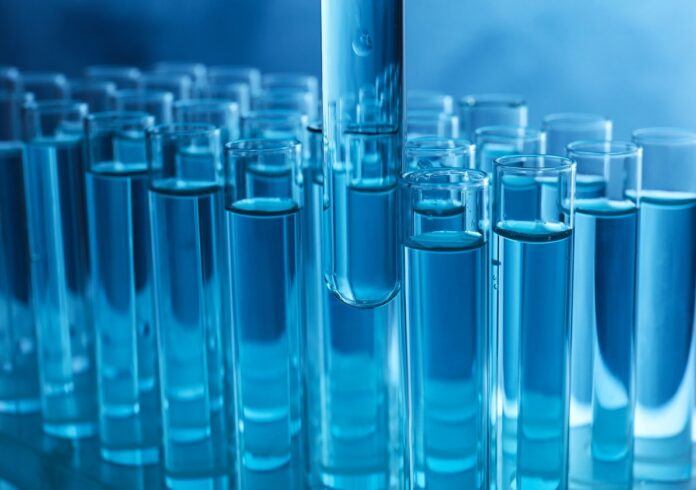A new study by the UN calls for action on pollution that it says is causing millions of deaths annually due to resistance to life saving drugs. ‘Bracing for Superbugs: Strengthening environmental action in the One Health response to antimicrobial resistance’ calls for a multi-sector response to address the key pollution sources, including wastewater, that are enabling ‘superbugs’ to thrive.
Antimicrobials have been essential in reducing the burden of infectious disease in humans, animals, and plants for decades. However, their effectiveness is now in jeopardy because several antibiotic, antiviral, antiparasitic and antifungal treatments no longer work because of antimicrobial resistance (AMR).
According to the World Health Organization, AMR is among the top 10 global threats to health. The UN report predicts that AMR could result in 10 million additional deaths annually by 2050 – equal to the number of deaths caused globally by cancer in 2020.
AMR can occur naturally or can be acquired. River and lake sediments can be a transient source of AMR. Because sediment can remain in one location for long periods, AMR can slowly accumulate and remobilise en masse into the wider environment during extreme weather events.
Increased use and misuse of antimicrobials and other microbial stressors, such as pollution, create favourable conditions for microorganisms to develop resistance both in humans and the environment.
For more information, see Bracing for Superbugs: Strengthening environmental action in the One Health response to antimicrobial resistance








